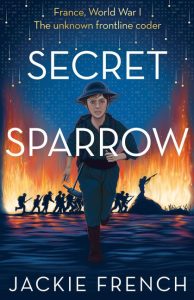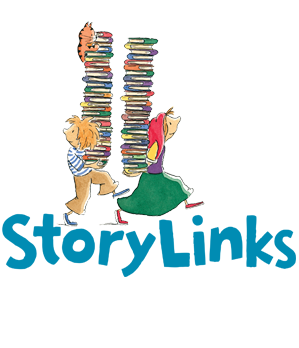




 I have lost count of the number of books Jackie has written. She has been a constant source of inspiring and uplifting historical fiction my whole career and her interest and passion for history never flags. Recently she has been writing about unknown episodes in our past, e.g. The Great Gallipoli Escape and revealing the unrecorded role of women with the Girls Who Changed the World series. With Secret Sparrow she has produced another winning story, full of tension and excitement that holds the reader in its grip until the satisfying and moving end.
I have lost count of the number of books Jackie has written. She has been a constant source of inspiring and uplifting historical fiction my whole career and her interest and passion for history never flags. Recently she has been writing about unknown episodes in our past, e.g. The Great Gallipoli Escape and revealing the unrecorded role of women with the Girls Who Changed the World series. With Secret Sparrow she has produced another winning story, full of tension and excitement that holds the reader in its grip until the satisfying and moving end.Error: Contact form not found.
